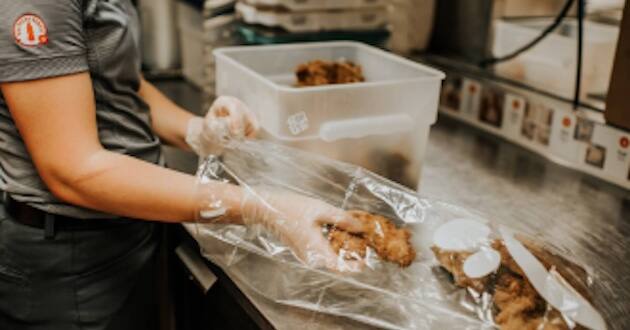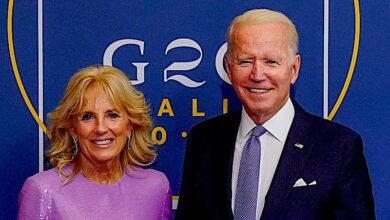Chick-fil-A Shared Table donation program has provided 30 million free meals

The Chick-fil-A Shared Table food donation program has provided more than 30 million meals to local communities in need across the United States and Canada, the company announced. The program also is helping the company surpass its 2025 corporate social responsibility goal to divert 25 million pounds of food waste from landfills one year ahead of schedule.
Feeding America estimates that 44 million Americans, including 13 million children, are food insecure, lacking access to sufficient food or food of adequate quality to meet basic nutritional needs. Chick-fil-A Shared Table empowers local owner-operators to address this problem through donating surplus food from their restaurants to local community partners to help people facing hunger. More than 2,200 restaurants participate in the program. Repurposing extra food that otherwise would go to waste helps Chick-fil-A reduce its environmental footprint while making a meaningful impact in addressing hunger and food insecurity within local communities.
READ: Chick-fil-A leads fast food restaurants
“The heart of the Chick-fil-A Shared Table program lies with our local restaurant owner-operators and the unique partnerships they develop with nonprofits in their communities to feed people in need,” CEO Andrew T. Cathy said. “Like so many of the best ideas at Chick-fil-A, Shared Table began in our operator community, and today, many of our Chick-fil-A local owner-operators choose to participate out of a genuine desire to make a positive impact in the communities they serve. That’s what makes the program so successful.”
Additional sustainability efforts, such as composting and using aerobic food digesters, also have played a role in maximizing the effectiveness of the brand’s food waste diversion efforts.
“Donating extra food from Chick-fil-A restaurants to help those in need is not only the right thing to do but an incredible opportunity for us as a restaurant company to impact our local communities,” said Matt DeMichele-Rigoni, owner-operator of Chick-fil-A Copley Square in Boston. “Addressing hunger and food insecurity in our local neighborhoods is one of the best ways that Chick-fil-A can show care for others throughout the communities we serve.”
–Alan Goforth | Metro Voice








